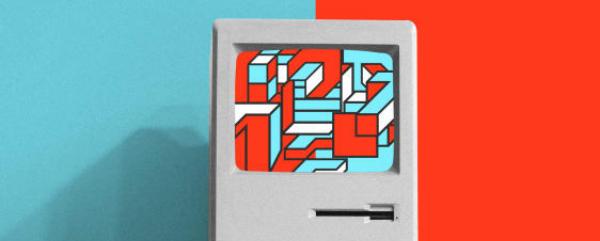Software vs. your rights and quality of life, revisited
I have been saying for at least twelve years that your civil rights and the quality of your life depend on how software is used AROUND you. In July 2018, I found the same concept expressed very well by somebody else.
Some passages of an interview of Tom Loosemore, which I strongly recommend to read from top to bottom, explain what is behind my own working guideline.

<u><em><strong>CAPTION:</strong>
<a href="https://www.fastcompany.com/90162002/a-guide-to-the-new-field-of-software-politics" target="_blank">Image source: Software As Politics: How The Power Of Tech Can Be Held Accountable - by Richard Pope (see below). Click to read it</a>
</em></u>
First of all, Loosemore notes that “back in 1994, I had been messing around with the internet for a few years. It was pure magic. In my gut I knew this internet thing was going to change everything… It meant that as a society we had it in our power to reinvent a lot of things - for good or for ill”
Relevant excerpts from Loosemore’s interviews:
1: policy visible in code: [an idea from] Richard Pope, [who] always felt that the fate of people is increasingly decided by algorithms – not just in everyday life but also as they interact with government services. Many policies are just instantiated by an algorithm that, for instance, determines whether you are eligible for a benefit or not.
2: The impact of some of the more recent technological developments is difficult to predict – for example, machine learning. The impact on areas like health services or education could be dramatic, but it requires a lot of discipline around data and consent. I think that’s something governments may well get catastrophically wrong before they get it right.
3: So, if you’re making software, you are actively reshaping power dynamics between citizens, consumers, companies, and governments. Shifting power relationships is politics. If you are in software, you are in politics. I don’t think we as citizens and consumers have yet properly understood the power technology gives us. However, we’re lucky to be part of the digital revolution, because unlike most generations we’re able to shape and build our future.
Who writes this, why, and how to help
I am Marco Fioretti, tech writer and aspiring polymath doing human-digital research and popularization.
I do it because YOUR civil rights and the quality of YOUR life depend every year more on how software is used AROUND you.
To this end, I have already shared more than a million words on this blog, without any paywall or user tracking, and am sharing the next million through a newsletter, also without any paywall.
The more direct support I get, the more I can continue to inform for free parents, teachers, decision makers, and everybody else who should know more stuff like this. You can support me with paid subscriptions to my newsletter, donations via PayPal (mfioretti@nexaima.net) or LiberaPay, or in any of the other ways listed here.THANKS for your support!